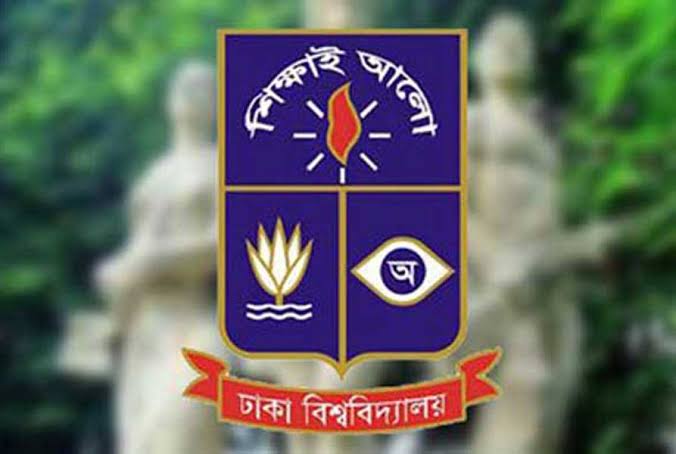
Published :
Updated :

The Executive Committee of the National Economic Council (ECNEC) has approved a Tk 28.41 billion project for the infrastructural development of Dhaka University (DU). The five-year project, scheduled for completion by June 30, 2030, includes the construction of six academic buildings, four residential halls for female students, five for male students, residential buildings for house tutors of the newly built halls, two residential buildings for teachers and officers, and five additional buildings including a new administrative building. Once implemented, this major infrastructural development initiative is expected to give the country's premier public university a much-needed facelift.
The need for improved infrastructure, particularly academic and residential facilities, has been long overdue. Many students are currently residing in dilapidated halls that pose serious safety risks. Incidents of plaster falling from ceilings and injuring students are not uncommon. Several halls, including SM Hall, Masterda Surja Sen Hall and Haji Muhammad Mohsin Hall, have developed cracks in their walls and ceilings and remain in a severe state of disrepair. Most of the university's residential halls were built over half a century ago and have received minimal renovation since.
Equally pressing is the acute shortage of residential accommodation. This has led to the growth of a 'common room culture' where dozens of students are crammed into spaces designed to accommodate just four students. In some halls, students are even forced to live on balconies due to the severe lack of space. Worse still, this accommodation crisis has historically been exploited by politically affiliated student groups, who often compel newcomers to participate in political programmes, sometimes at the cost of attending classes. For years, the ruling party's student wing effectively controlled hall administration, including seat allocation.
Since the July-August uprising of 2024, Hall Provosts and house tutors have regained the authority to allocate seats independently and based on merit. However, how long their autonomy will prevail is a matter of question as another political government is going to take power in the near future. There have long been allegations that successive political governments deliberately overlooked the residential seat crisis at the university, as addressing it would undermine the leverage their student wings hold in coercing general students into political involvement. The interim government, therefore, deserves credit for undertaking this major infrastructural development initiative for Dhaka University.
While the infrastructural upgrade is both necessary and commendable, the question remains. Will this infrastructural development translate into meaningful improvements in the university's academic environment and overall quality of education?
Calls have been repeatedly made for DU authorities to take the lead in restoring the university's lost prestige and delivering education on par with global standards. Despite its reputation as a historic centre of excellence, Dhaka University currently fails to appear in even the top 1,000 universities in global rankings. This is not acceptable for an institution which we tend to regard as a centre of excellence.
The decline cannot be attributed solely to poor infrastructure. Rather, it reflects a broader, more systemic malaise. Several long-standing issues continue to plague the university such as lack of good governance, politically influenced appointments of Vice Chancellors, partisan recruitment of faculty and a tendency among some academics to prioritise political involvement over their primary responsibilities of teaching and research. Moreover, student politics has reached such a toxic level that it has long become counterproductive to the university's academic environment. In the lead-up to the August 5 uprising, one of the students' core demands was a ban on partisan politics on campus. Yet, in the post-uprising period, that demand appears to have been pushed to the backburner. Ironically, the student coordinators of the uprising, who have recently formed a new political party, have now established their own student wing. If the toxic political culture that exploits students and teachers for partisan agendas does not change, it will be extremely challenging for the university to excel academically.


 For all latest news, follow The Financial Express Google News channel.
For all latest news, follow The Financial Express Google News channel.